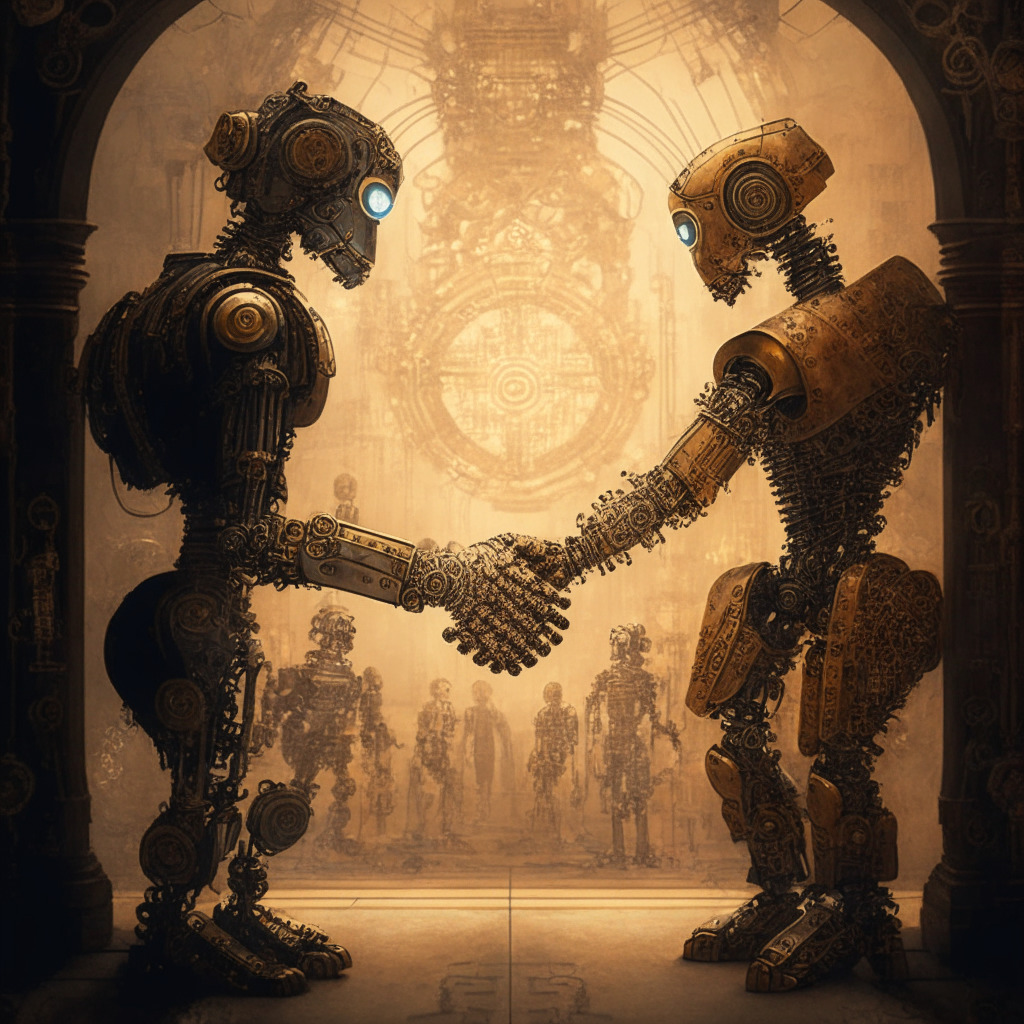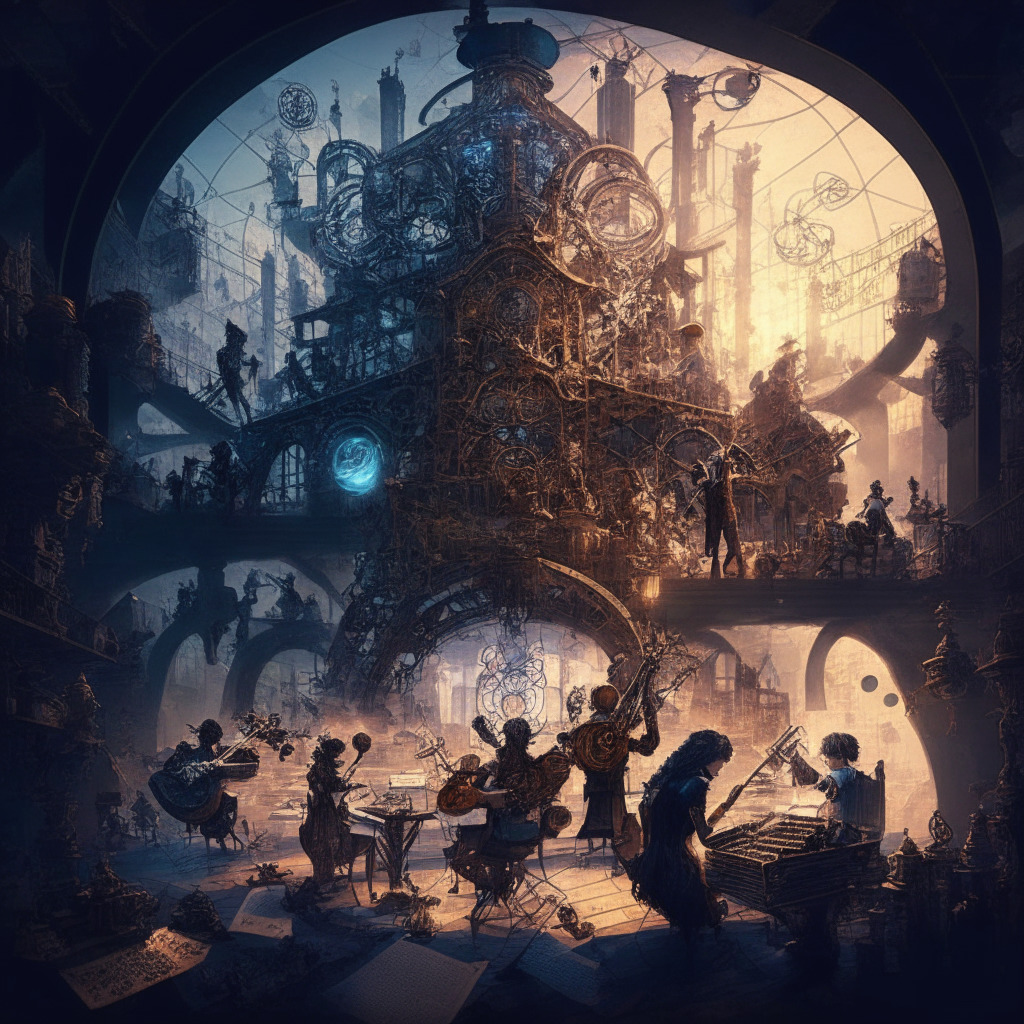The widespread adoption of artificial intelligence (AI) is met with trepidation among many people, with a recent Reuters/Ipsos poll revealing that 61% of Americans consider AI a threat to humanity. This comes as no surprise, given the countless doomsday scenarios portrayed in films and the ongoing race between AI giants, such as OpenAI, Google, and Microsoft, for market dominance.
Renowned billionaire investor Warren Buffett expressed his unease about AI’s potential implications, likening the rapid development of this technology to that of the atomic bomb. This concern resonates with others in the industry, including Elon Musk and Sam Altman, co-founders of OpenAI. Musk, in particular, tweeted that even a benign dependency on AI could put civilization at risk, as society might forget how machines function.
While some called for a pause in AI development, the rapid pace of innovation remains relentless, raising questions around the balance of its benefits and drawbacks. One of the more tangible threats posed by AI involves its impact on the workforce. For instance, the Writers Guild of America demanded that AI be barred from use in TV and film production as part of its negotiations with the Alliance of Motion Picture and Television Producers.
According to Reuters, distrust in AI was higher among Americans who voted for former President Donald Trump (70%), compared to those who voted for President Joe Biden (60%). The poll, conducted between May 9 and May 15, did not clarify how these statistics correlated to factors such as age and gender.
In response to surmounting concerns, Sam Altman emphasized the need for regulation to ensure that safety standards are met during a Senate Judiciary Committee hearing. Altman proposed the establishment of rules and guidelines for technology companies, calling for greater transparency in disclosing different aspects of AI models.
The integration of AI into mainstream society raises several pressing questions, requiring a delicate balance between reaping its numerous benefits and mitigating the potential risks. This complicated endeavor encompasses not only implementing proper regulation but also fostering cooperation among companies, governments, and the public.
Source: Decrypt




